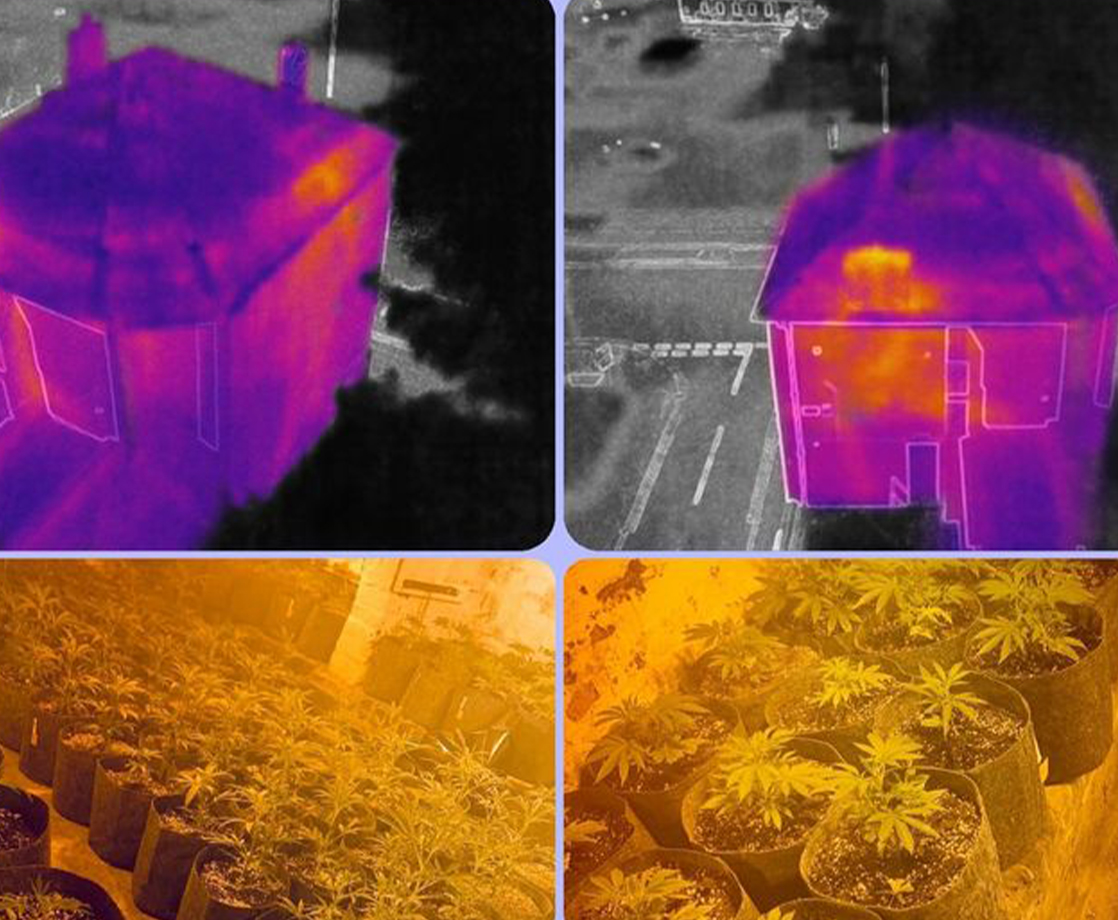A new study suggests that when states legalize medical marijuana, adults in those states have more sex and give birth to more babies, compared to national averages.
The study, led by researchers at the University of Connecticut, Georgia State University, and Universidad del Pacifico, was published in the latest edition of the Journal of Health Economics. Using data compiled from the National Center for Health Statistics and the National Survey of Longitudinal Youth, the researchers discovered that respondents in states with medical marijuana laws reported an increase in weed consumption shortly after the states’ cannabis reforms passed. That jump correlated with a 2 percent increase in births compared to the national average. Respondents also reported having more sex and used fewer contraceptives, too.
The 2 percent increase in birth rates occurred across the board, regardless of what type of medical legalization model the state or municipality adopted. For instance, jurisdictions that only permit home-grow models (and not dispensary or retail sales), such as Washington, DC, also saw a birth-rate increase. Most adults in the study were between the ages of 18-30, and the data was only drawn from 2005 to 2014, which is why the effects of recreational weed laws weren’t considered.
So, why are adults making more whoopie after they can legally access medical weed?
The researchers noted previous research that showed cannabis heightens sexual libido and sexual sensations. If weed use increases once a state approves medical marijuana (which it does, by 13 to 20 percent), then that suggests more adults will be hornier, overall, more of the time. And since getting lit lowers inhibitions, which can often lead to riskier sexual behavior, that likely means some cannabis patients aren’t using as much protection (hence the increase in babies).
Additionally, most marijuana patients consume cannabis to manage chronic pain. We already know that states with medical cannabis laws see a sharp decrease in opioid prescription rates, suggesting that weed works as an effective painkiller. And, seeing as chronic pain often kills the mood for hanky-panky, it stands that controlling pain would lead to more bedroom playtime — and more childbirths, consequently. (Note: These are hypothetical suggestions, and not definitive takeaways.)
But could other factors, such as booming economies in medical marijuana states, also contribute to the baby booms? Not so, said David Simon, PhD., an economics professor at the University of Connecticut and one of the study’s authors.
“Our evidence does not support this,” Simon wrote to MERRY JANE in an email, shooting down any suspicions that economics, not weed, led to the spike in births.
“First, we separately control in our statistical model for states passing recreational” marijuana laws. “This should absorb any effect that recreational laws have on the economy. Secondly, we are able to pinpoint the 2% increase to coinciding with conceptions that would have happened right around when the [medical marijuana laws] passed: So that it could not be due to something that happened later (such as a subsequent passage of recreational laws).”
The study also found some evidence that the rate of male gonorrhea infections increased shortly after states passed medical marijuana reforms, too. Although the data, by the researchers’ admission, wasn’t entirely reliable, the researchers found a roughly 12 percent increase in new male gonorrhea cases shortly after a state passed medical cannabis reforms.
If you’re wondering if the study found any changes in reported birth defects from the new births: “We did not,” Simon wrote. “Other work has found no impact of [medical marijuana laws] on infant health.” He also noted that the demographics of new mothers has changed during the study period, which would likely skew any data concerning birth defects and legalizing medical weed.
So, there you have it: If you’re going to blaze joints with your partner, be sure to pack some jimmy hats.
Follow Randy Robinson on Twitter











